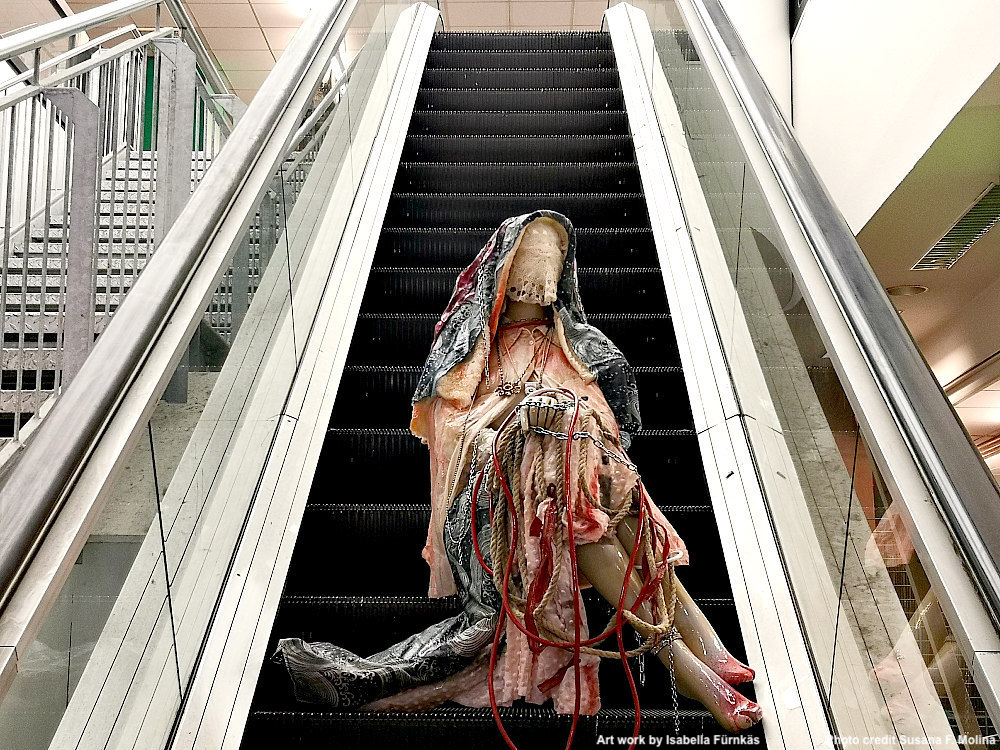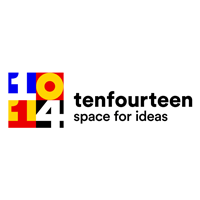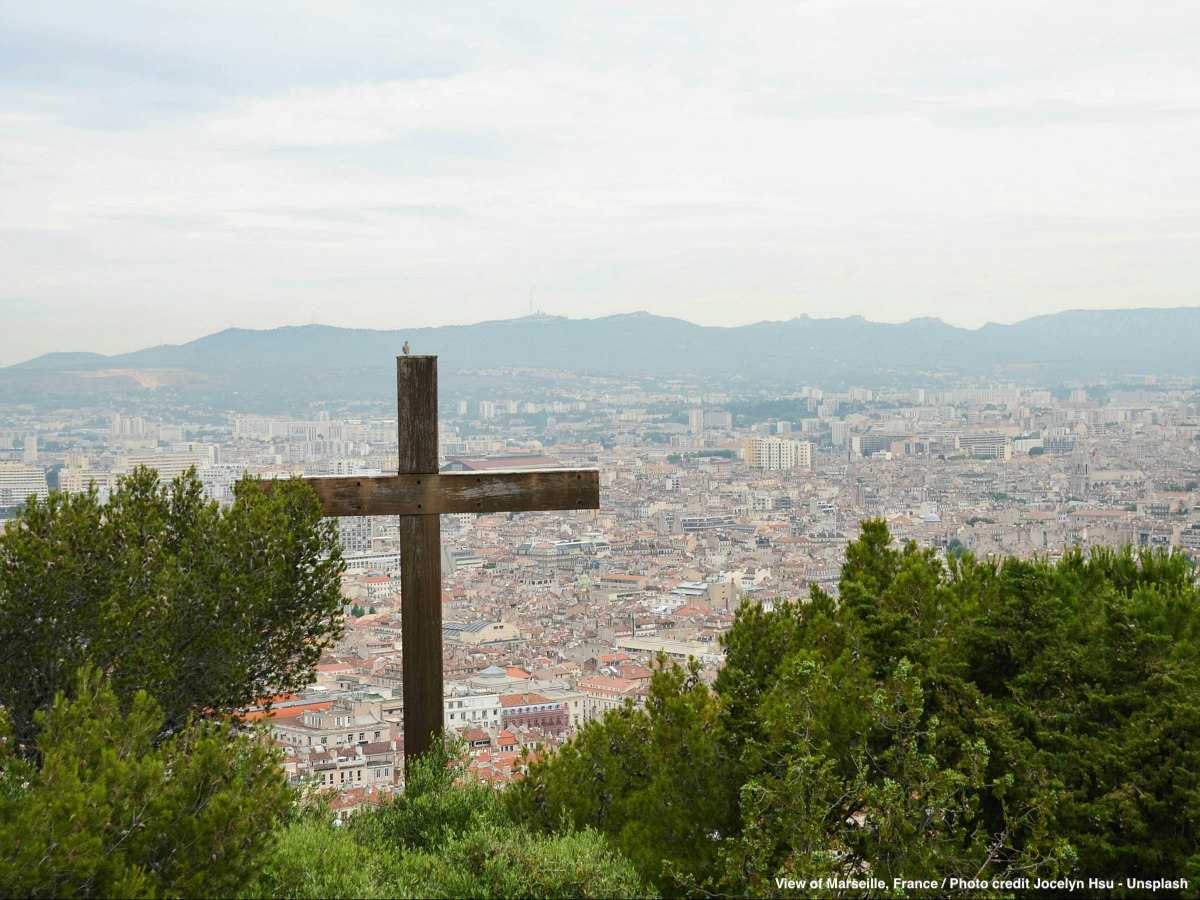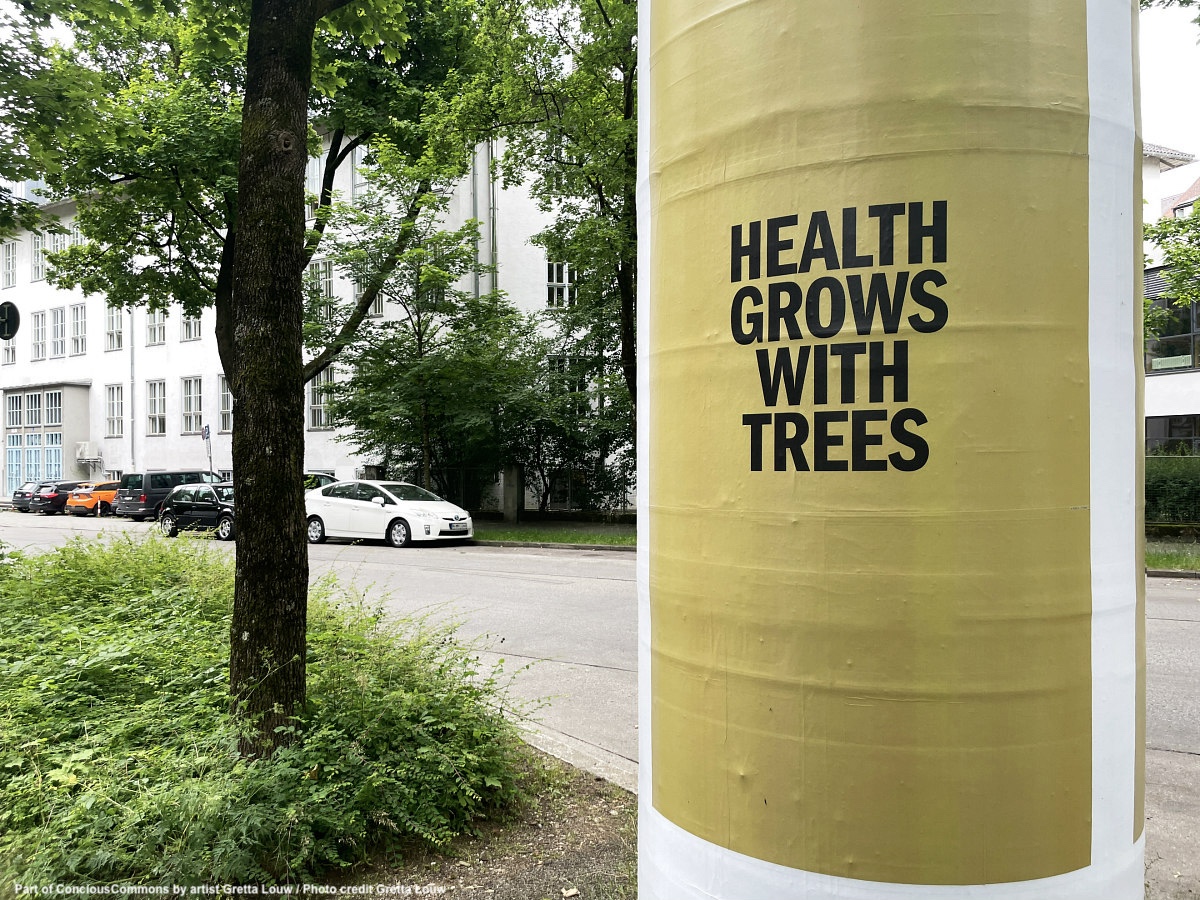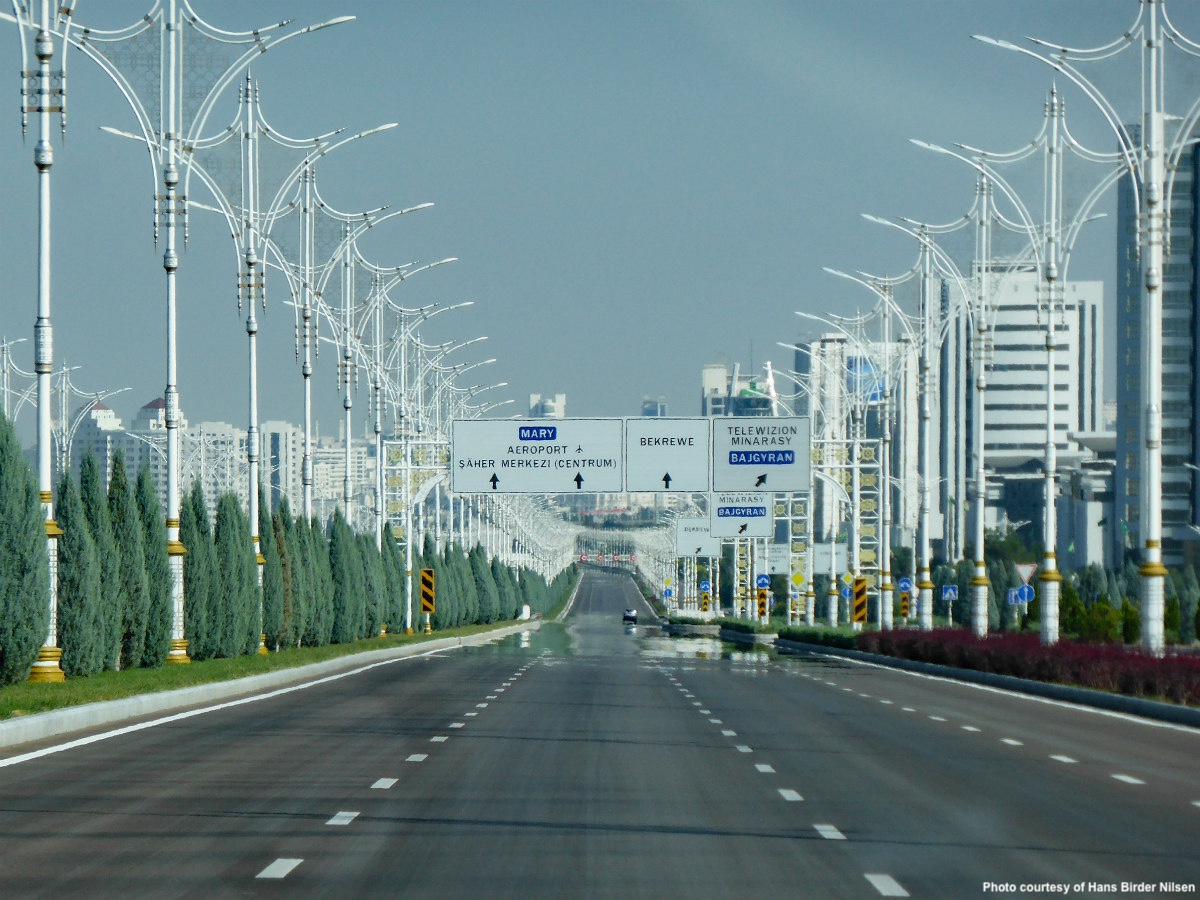It is the careful chaos of rows of vinyl discs, distressed leather jackets and shoes that projects a marvellous cultural freeze-frame of the city. Ailes with selves are stuffed with all kinds of things; china ware, electronics, books, they are all a diorama of our recent history, and the testimony of our urban life’s vicious relationship with consumption. I am at Konsumreform in Essen, Germany, 1,000 square metres of retail space where anyone can rent shelving units and use them as a kind of mini retail premises to display and sell belongings that they no longer need. Dirk Bußler and his team at Konsumreform have found a savvy way to give objects a second life and reduce the amount of trash in the city.
Upstairs from Konsumreform other not-for-profit initiatives and self-initiated or voluntary civic projects are displayed in an exhibition-like space called Expo Alternative. All together they provide a key perspective on society in Essen by exploring the civic engagement that upholds the city, not always found in mainstream channels. Both Konsumreform and Expo Alternative are part of the initiative Folkwang and the City developed by the Museum Folkwang of contemporary art in Essen together with artist Markus Ambach.
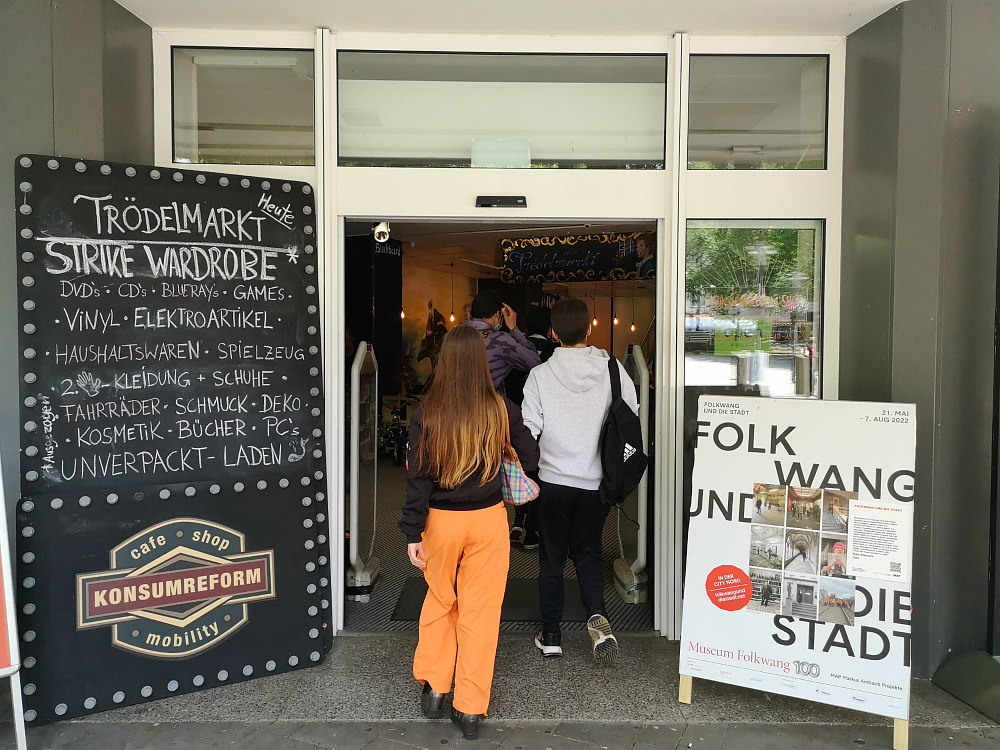
Right next door to Konsumreform there is a store of mass-manufactured clothing. Contrast is what reigns in this mixed neighbourhood in the northern part of the city. Urban realities such as the climate crisis, integration and cultural diversity are this time not negotiated in the institution of the museum, but rather where they evolve and through those actors deeply involved in their communities.
This renowned museum, founded first in Hagen hundred-twenty years ago, moved to Essen in 1922 and extended by David Chipperfield Architects in 2010, is determined to question its role in the city. Yet Essen’s industrial pinnacle, subsequent crisis and redevelopment created economic and infrastructure inequalities. This is particularly visible in its urban planning through the motorway A40, often referred to as the “social equator”, which runs right through the Ruhr area and separates the city of Essen into the bourgeois south, where the museum is located, and the north with a strong worker tradition.
Can we expect people to come or does the museum have to approach people and meet them where the questions arise in their living environment? – Peter Gorschlüter, director of Museum Folkwang
Folkwang and the City aims at reconnecting both. Along a parcours through Essen’s City Nord the Museum Folkwang invites people to experience social and artistic experiments in this part of the city. Some metres from Konsumreform, and next to a Muslim owned supermarket, the visitor is confronted with the gothic-shop Dark Ages where one of the figures by the artist Isabella Fürnkäs is located inside and invites visitors to explore this space. Fürnkäs’ transhuman figures draw “shoppers‘ focus to the interplay of intimacy and publicity, belief and conviction, vision and “naked reality”.” As if the museum is curating the city to reveal and provide access to “new little worlds” in our urban space. The store assistant chuckles when she says that not all visitors dare to enter.
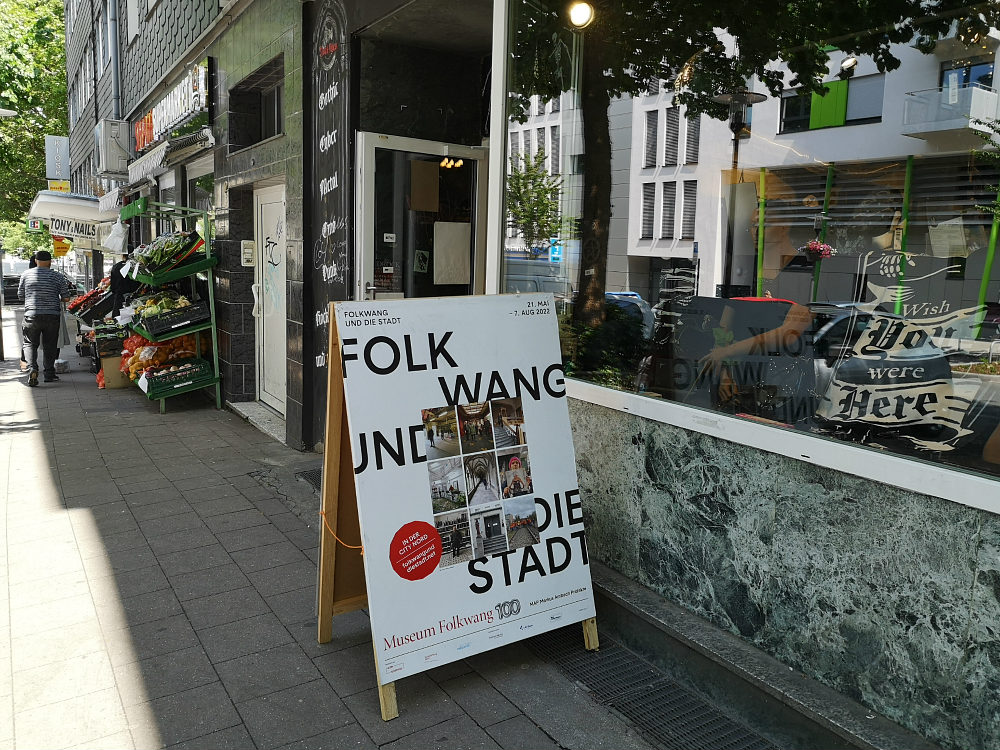
Along the route, artwork pieces – either counteract or imperceptibly blend into shop windows – are a call to a new cooperation between art and society. I keep walking down the street and enter Naked, a former club that was originally a revue theatre, then a table dance bar and finally a discotheque. Big projection screens with individuals and communities from all over the world, dancing to presumably different kinds of music, and in all kinds of life situations, weddings, parades, traditional displays, invigorate this decadent space. Anouk Kruithof’s video installation called Universal Tongue unites all cultures by an extraordinary coordination of people dancing under a “globalised” sound.
This exhibition of solidarity and tolerance in the midst of this neighbourhood encourages visitors to dance between projections, thereby transforming the installation into a space for cultural understanding. Don’t we all dance to the same rhythm in the city, anyway? Yes, we do. Yet Museum Folkwang is curating the city to show us just that, selecting and creating the framework, and exploring the dilemma faced by museums and citizens alike when it comes to defining how living together in the city should be shaped in the present and in the future.
I met Peter Gorschlüter, director of Museum Folkwang, at the traffic roundabout on Berliner Platz, basically where the city is separated into two and the starting point of the tour of Folkwang and the City. “If people don’t find the way to the museum to find answers to today’s challenges, then we go to them,” says Gorschlüter. The piece of land where we are meeting holds true to this museum’s endeavour. Surrounded by heavy traffic, the roundabout has been transformed into an Eco-Village where initiatives around circular economy, sustainable transportation, renewable energies, and environmentally responsible food production find each other.
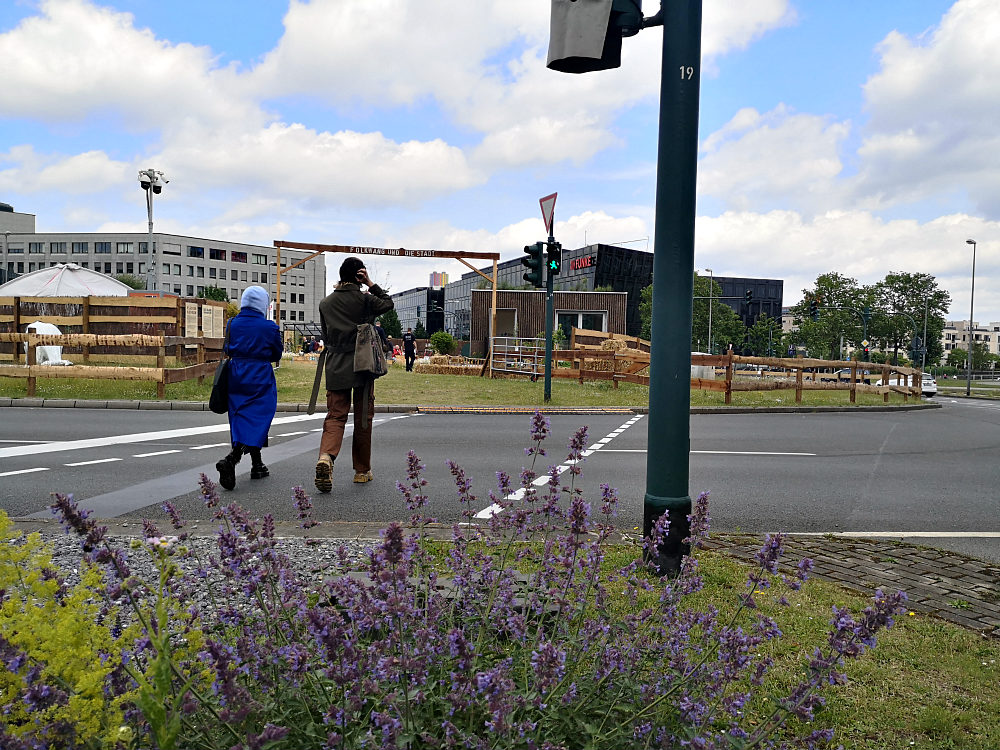
Four years ago Gorschlüter arrived at the museum with the idea to reconnect with the original spirit of the museum’s founder, Karl Ernst Osthaus. He was a notable patron and collector of the European avant-garde that put people at the heart of the museum’s work. He collaborated with designers, architects, organised shop window competitions and got involved in the urban planning of new city districts – with the objective to impact the Ruhr region through the reconciliation of city life and “art for everyone.”
Yet there is another contemporary reason for the existence of Folkwang and the City, continues Gorschlüter. We need to ask ourselves “can we expect people to come or does the museum have to approach people and meet them where the questions arise in their living environment? It is all about transparency and inclusion. If you really want to change something, the museum has to open up to and for the city.”
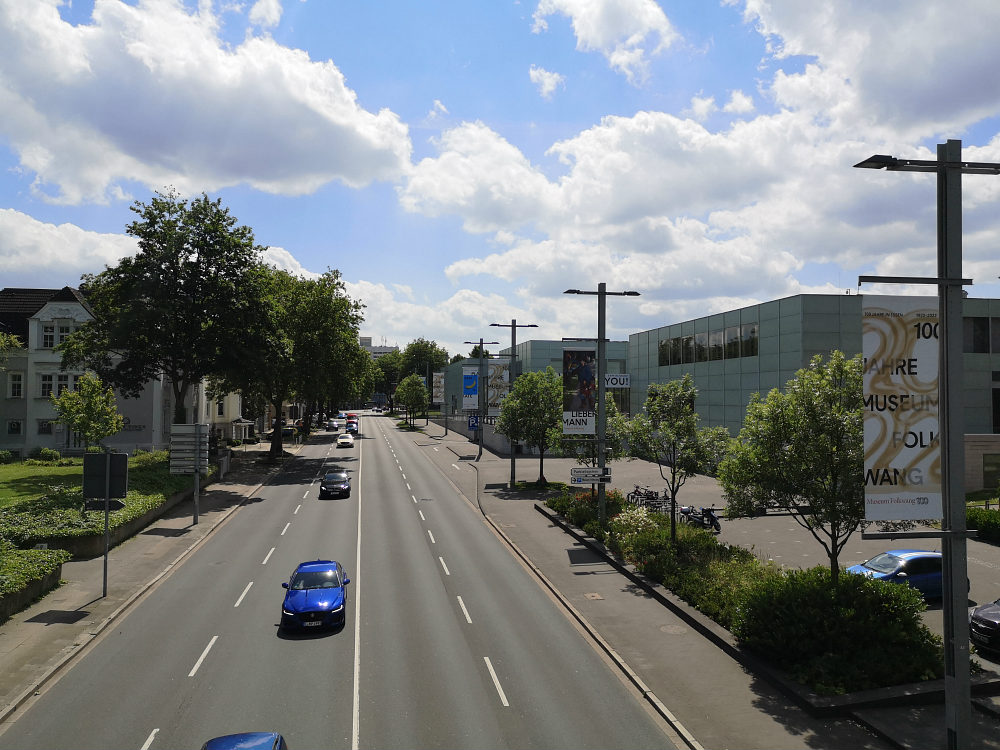
But I wonder if the museum can adopt a neutral position in this mission. Gorschlüter doesn’t shy away from acknowledging that some of the initiatives they host like Fridays for Future could be at odds with some of the museum’s sponsors, big energy producers and chemical corporations in the country. The museum gives participants “a frame to have open discussions, constructive and not confrontational, as a way to find progress and also give them a sense of agency to the participants, a sense of their own power to make a difference.” During the concept phase of Folkwang and the City “we gradually started a dialogue without preconceived ideas with people engaged with environment and social issues, as well as everyday culture.” The artistic aspect came later to facilitate encounters and helped in the transformation process of the city’s future. In the museum’s founder’s words “without the contributions of art, the most important questions of social life would go unresolved.”
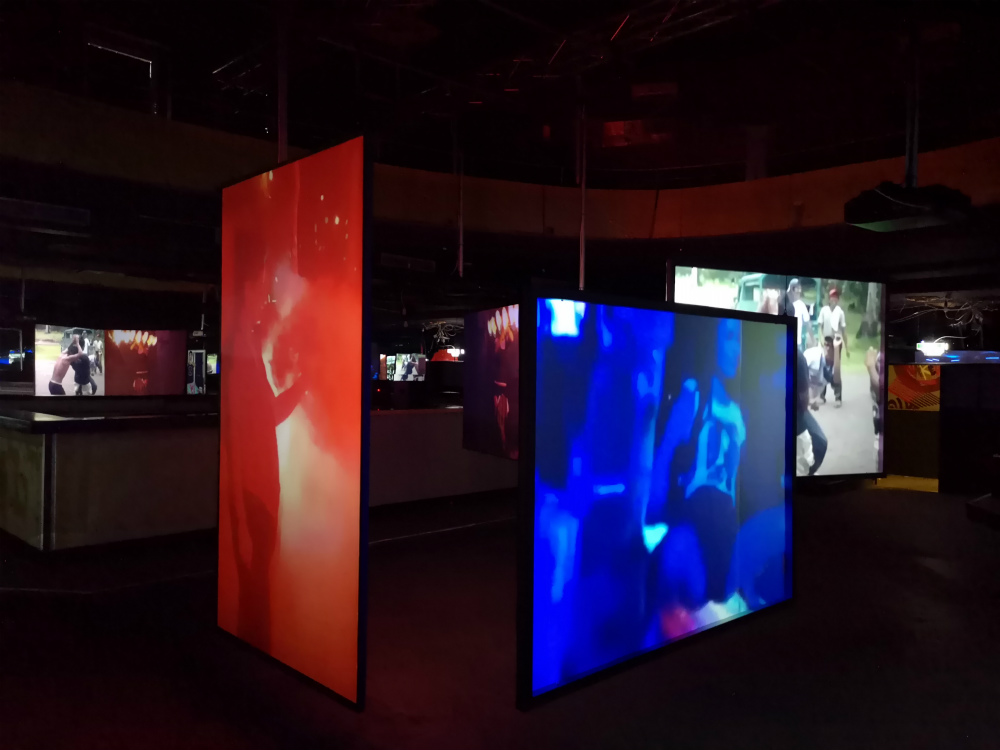
“There is this utopian potential of art to change society. Yet Folkwang and the City brings this utopian spirit of change down to Earth through curating everyday life initiatives in the neighbourhood. Art is not the key, but it can be provocative, even for non art lovers, a facilitator that can trigger a meaningful conversation” and bring the dialogue to a different level. It is not a coincidence that Gorschlüter has embarked in this enterprise. He was also behind The Fifth Floor, a utopian floor within the Tate Liverpool’s four-storey building that does not physically exist, “but invites visitors to reconsider the Gallery as a place of imagination and invention.”
I asked him his reaction to Reina Sofía Museum’s statement that “There is no future without culture, but neither culture without future. A cultural institution cannot be unaware or ignore the needs of the people in their immediate surroundings.” He emphasised the importance of asking how we want to live together in the future, and finding ways on how museums can participate in answering those questions in cities. And he adds, “Art goes with the time and we could probably see more developments in this direction.” We might not wonder if we see a similar philosophy at documenta this year.
Hours later after meeting Gorschlüter, I was sitting at the café in the Museum Folkwang and wondered if the majority of people sipping a coffee al fresco would ever experience Folkwang and the City in the northern part of Essen. “So far it is going well, people have become curious,” Gorschlüter told me before. If not, they would miss an entire “new world” that the museum has opened for them just next door.
